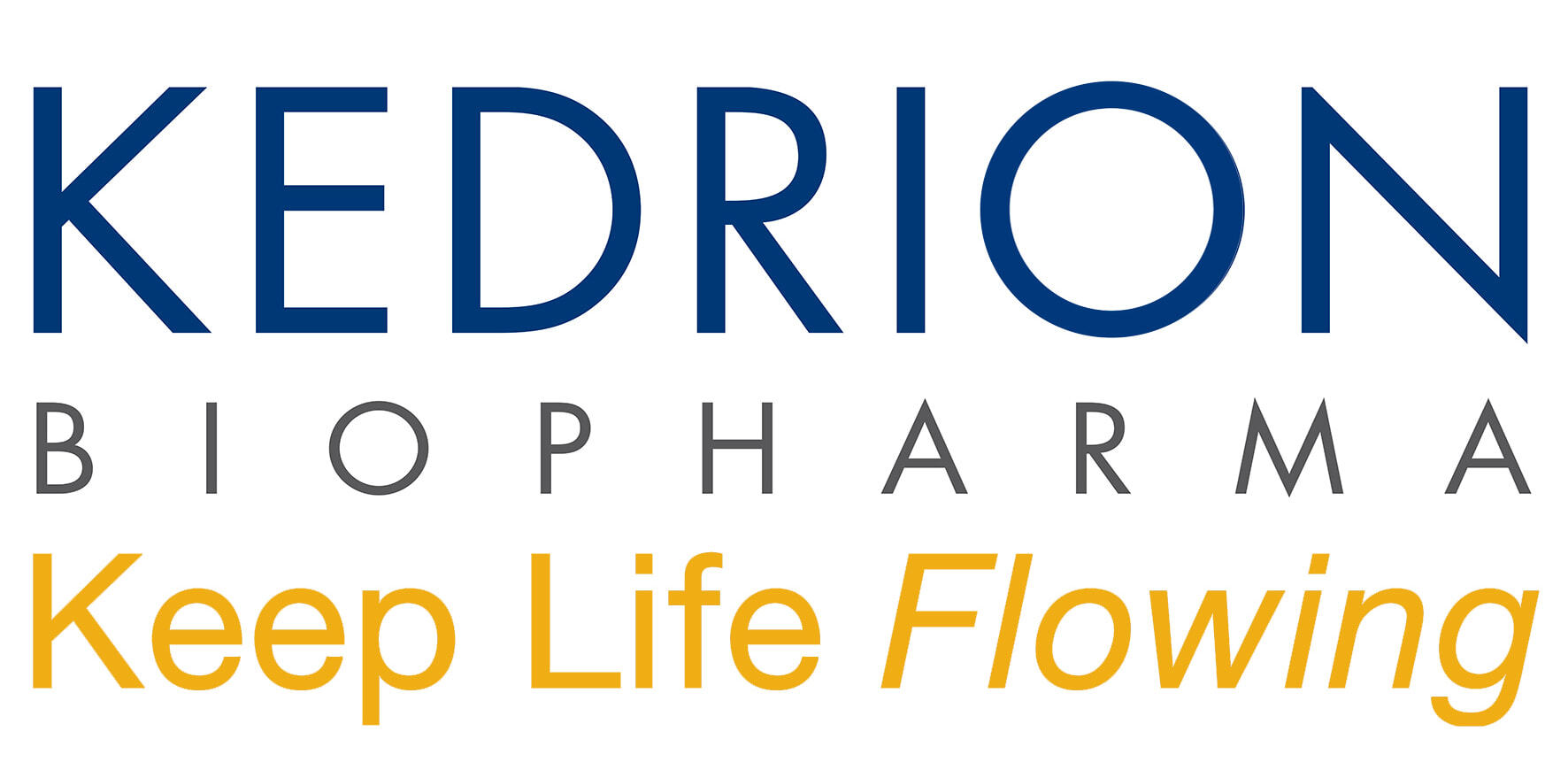“One of the major effects that the current COVID-19 pandemic will have worldwide is a decrease in collection of plasma of about 20%, which will result in a decrease in the market availability of plasma derivatives, life-saving drugs for millions of patients. In order to confront this new challenge plasma collection in Italy also needs to be increased, with a target of 100% national self-sufficiency, a prerequisite for progressing towards European self-sufficiency and considered a strategic value and goal as provided for by Italian regulations (219/2005 et seq.)
This was the message delivered by the Paolo Marcucci, Chairman of Kedrion, during the first day (December 15) of the Risk Management Forum in Arezzo, during the meeting entitled, “Planet Blood. The Impact of the COVID-19 Pandemic.”
Italy’s national self-sufficiency program for blood components and plasma-derived drugs represents a value and a strategic goal for the country. The current crisis has highlighted the need to guarantee for the country the independence of some of its strategic industrial production in order to avoid depending on third countries for the supply of essential goods. “The pandemic has impacted on plasma collection, both in Europe and in the United States, which experienced a peak decline of about 46% compared to 2019 and which analysts estimate will level out on an annual basis of – 15 to -20%,” Marcucci said. “An event of this magnitude creates the potential for stress between supply and demand, with the consequent risk of reduced availability of the product during the first half of 2021,” he added.
Although our country has achieved a high level of self-sufficiency, it still has to resort to using a significant share of plasma-derived drugs produced from foreign plasma, which account for about 30% of its needs and supply the so-called commercial market. “Action also needs to be taken at policy level, to prevent the market from suffering due to strong competition at the international level between countries.”
“Measures must be taken therefore to increase plasma collection, first of all, by expanding the use of plasmapheresis procedures in the transfusion system, an efficient alternative to the supply on the commercial market.”
Italian blood donor associations can play a crucial role in this process, on the strength of decades of experience, the results they have achieved and the good practices they have adopted. “Italian blood donor associations can help Europe achieve strategic independence from the United States in terms of plasma and plasma-derived drugs, particularly for those member states whose culture and tradition share our values. It is especially desirable to increase the spread in Europe of the public-private not for profit model (blood donor associations), to be used alongside the public-private for profit model (in use in Germany, Austria, Hungary and the Czech Republic), considering that this model cannot be exported to most other European countries,” Marcucci concluded.



